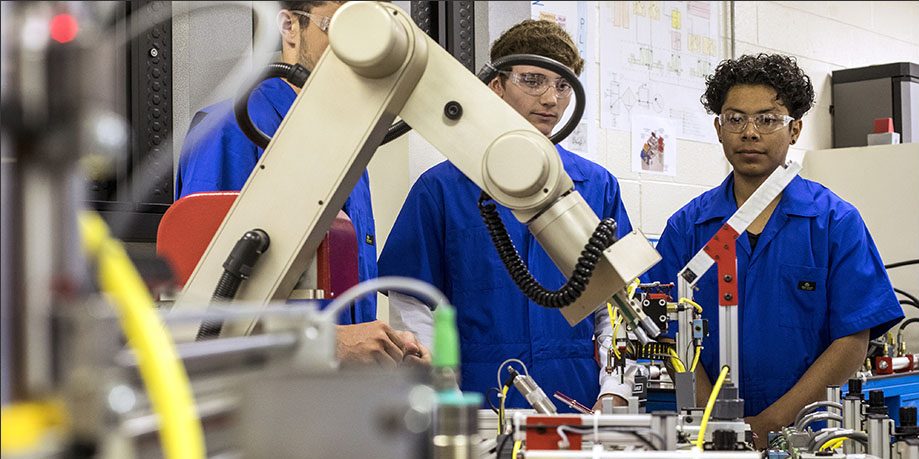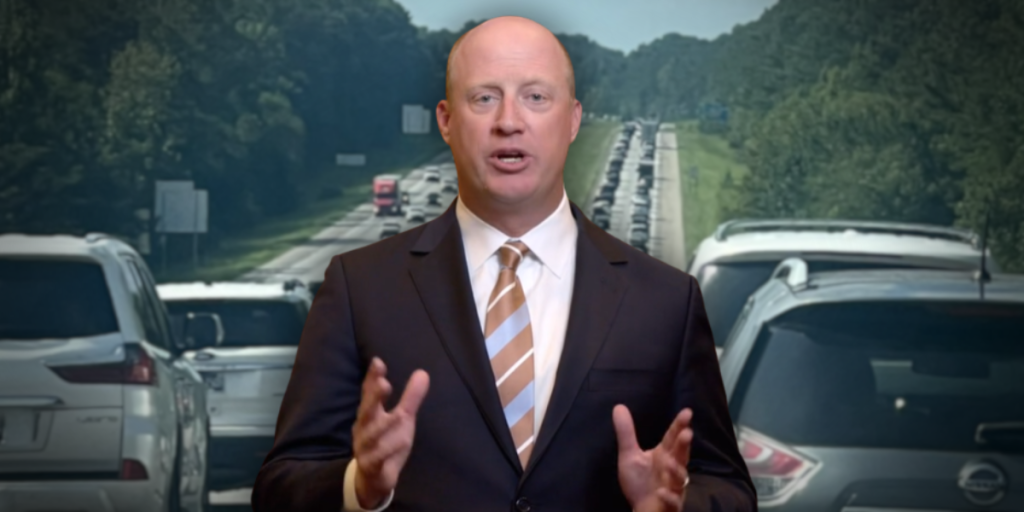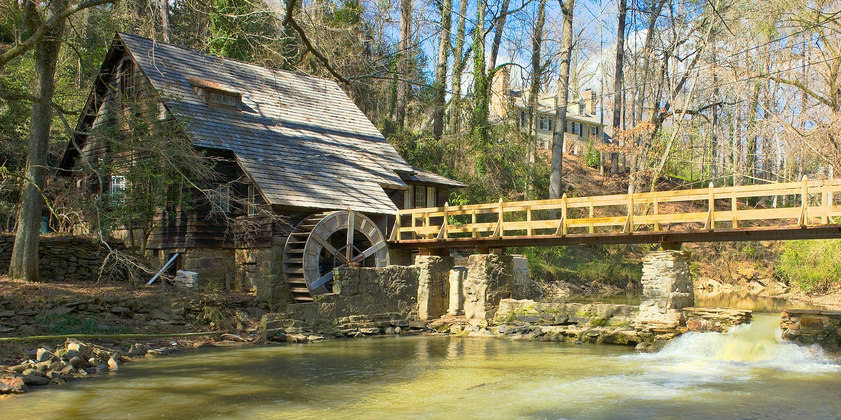By Jim Page, CEO of the West Alabama Chamber of Commerce
Alabama’s great successes in economic development over the past 20 years have transformed our economy from one rooted almost exclusively in the agriculture and textile industries to one that is leading the nation in 21st Century job sectors like automobile manufacturing, rocket building, and aerospace development.
These long-lasting, high-paying, state-of-the-art industries were attracted here because of our committed and skilled workforce and a road and bridge system that was ideal for transporting parts and products. Over the decades, Alabama has invested heavily in intensive training programs that ensure our workforce remains highly developed, but, at the same time, our transportation infrastructure has crumbled into disrepair.
Unless a concerted effort is made to repair, replace, and maintain our road system, industrial recruitment will slow dramatically, job expansion will likely ground to a halt, and companies already located here may soon go looking for areas more hospitable to their needs.
For these reasons, a statewide group of economic developers, chamber of commerce executives, public officials, and others have joined together and formed the Partnership for Alabama’s Vision for Economic Development, or PAVED. Our mission is to increase Alabama’s job creation efforts through improvements in our road and bridge network.
Adequate federal funding for infrastructure needs has become less reliable, so it is vital that the state begins to shoulder more of the responsibility. The members of PAVED believe it is time to make the necessary investment.
States like Georgia, Tennessee, and Florida, all of which have Republican-led legislatures like Alabama, have already pursued this change because of its importance to their future economic growth.
For almost 25 years, Alabama’s gas tax has remained 16 cents per gallon, and during that same period, technology has led to cars getting significantly better gas mileage, which means consumers fill their tanks less often. As a result, revenues into our Public Road and Bridge Fund are declining while natural inflation is driving the cost of road construction higher and higher.
If you have recently driven down a public highway and pounded your steering wheel in frustration or turned to your passenger and commented on the poor condition of the road, then you have firsthand experience of what results when roadbuilding revenues decline.
Alabama currently more than 20 two-lane roads with more than 15,000 cars traveling on them daily, which is considered “grossly overcrowded,” and 13 counties do not have four-lane access to an interstate highway, which leaves them at a sizable competitive disadvantage in economic development.
But if we invest now, we can finally begin to make the needed and necessary investments in construction and repairs.
It is no secret that our state General Fund budget, which appropriates funding to all non-education state agencies, is facing a shortfall of roughly $250 million in short-term needs and almost $700 million in long-term demands. A serious investment in infrastructure would be a large step toward solving the problem because creating more jobs and putting more dollars into the economy leads to increased revenues.
There seems to be universal agreement on one thing – it is becoming increasingly obvious that we cannot afford to continue doing nothing with regards to our infrastructure.
Imagine the roof and ceiling in your home have a terrible leak and rather than trying to repair the leak and stop the problem, you just sit and stare at it. Day after day, week after week, month after month, and year after year the leak will continue to worsen until eventually the entire top of your house caves in. The equity and investment you put in over decades would be lost, and your home would be unlivable.
Now imagine it is the floor of your home that is crumbling beneath your feet, and a similar result occurs. That is exactly what is happening to our roads and bridges as you read this column.
If we don’t keep pace with our sister southeastern states, Alabama will get left behind in the hunt for jobs and industries, so let us agree to make the necessary investments and pave a new road toward prosperity while putting our fellow Alabamians back to work.
Jim Page is the CEO of the West Alabama Chamber of Commerce and serves as spokesman for the Partnership for Alabama’s Vision for Economic Development, also known as PAVED.













